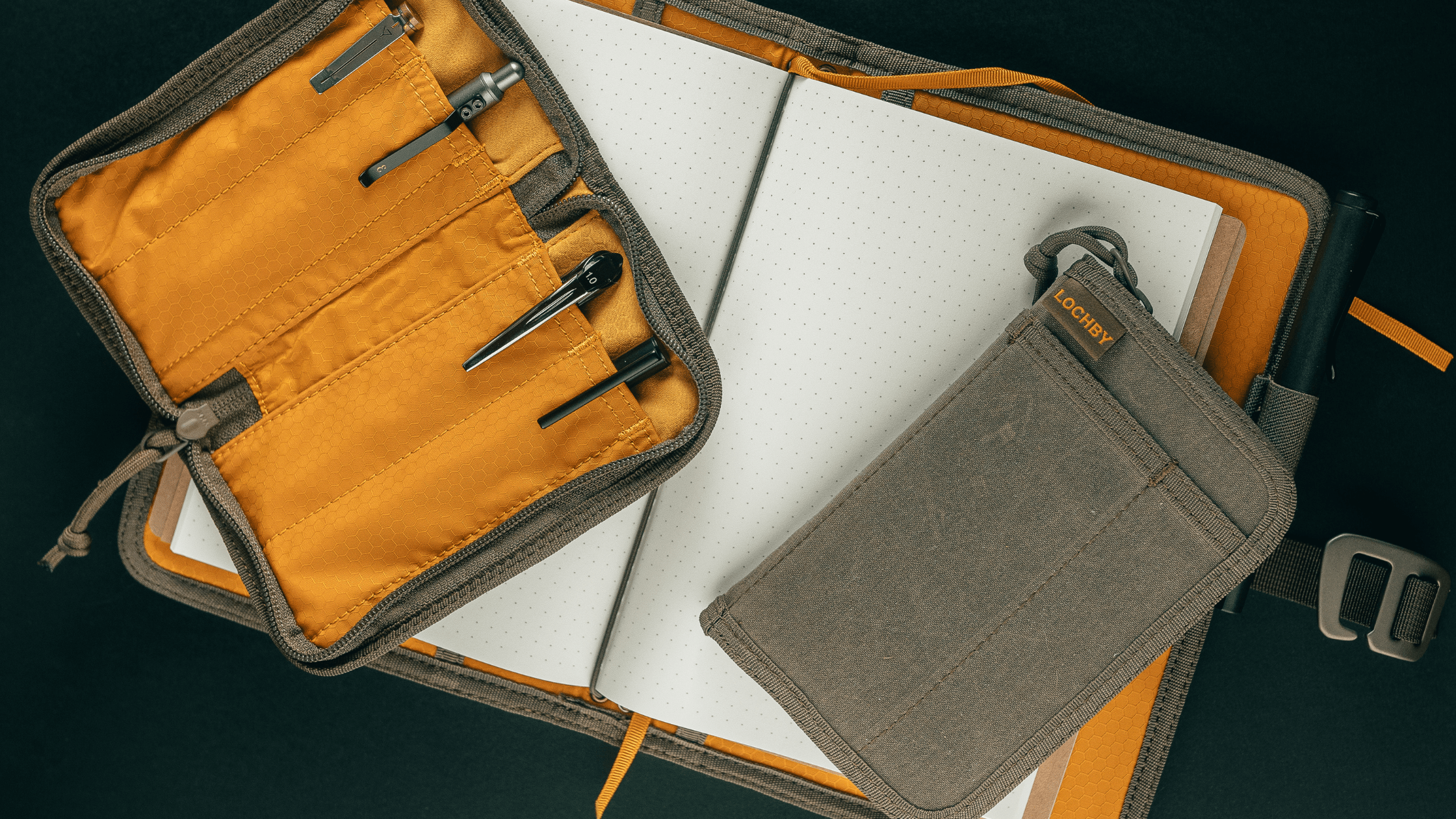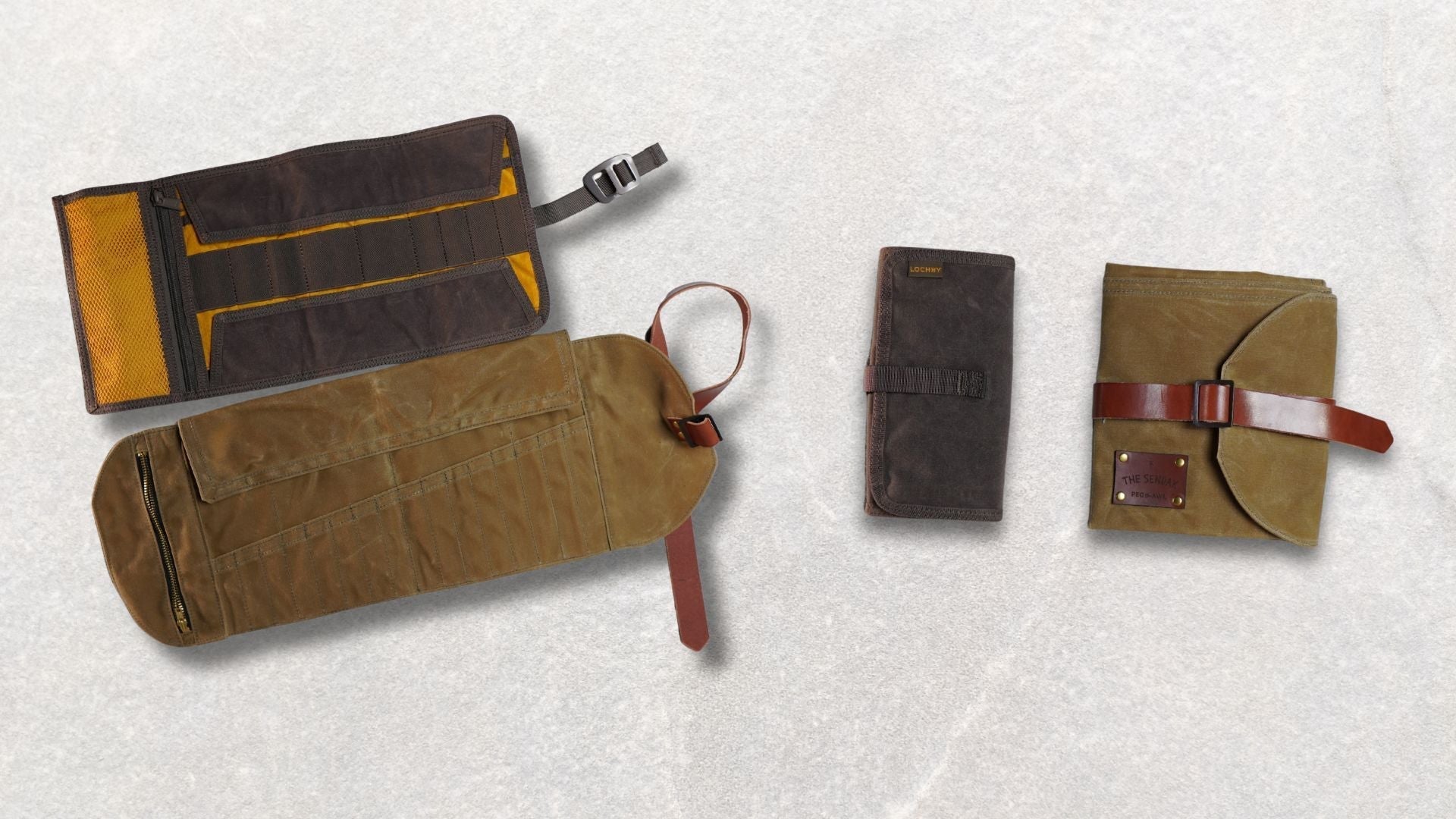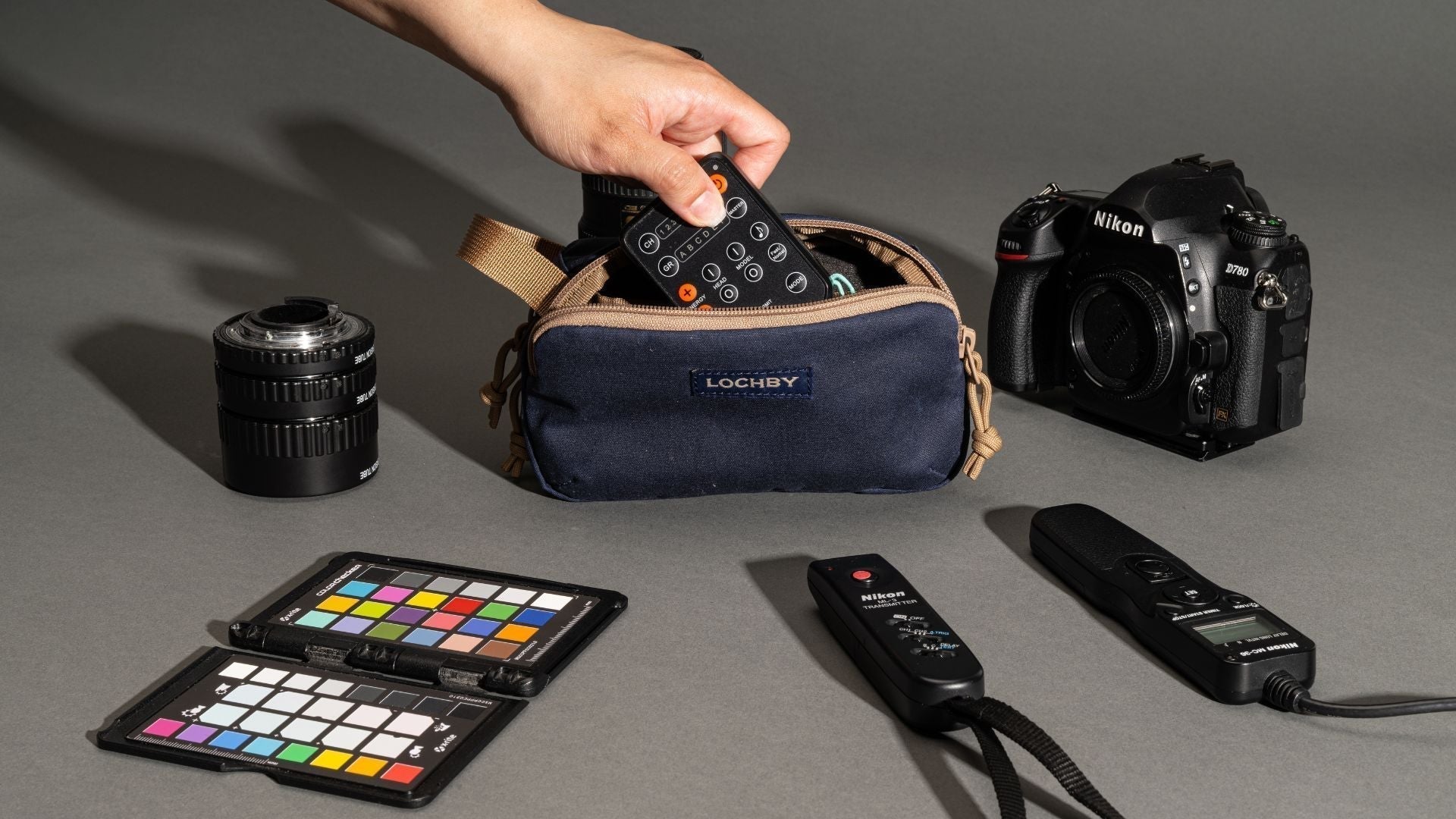When you look up what the word success means, you’re bound to get a variety of answers. Depending on the context or the individual trying to define it, success can be different for you, me, and every other person in the world. But despite this difference, there’s one skill that can help each one of us reach whatever outcome we’re racing towards in life—that is, by learning the art of organization.
Contrary to popular belief, organized people are not organized “by nature”. Just like any other skill, it’s something that they learn and practice, which means it’s attainable for any of us. In this article, we’ve put together a few things you can do to start becoming a more organized person. By figuring out what works and observing good habits, in no time, you can develop your organization skills and work your way closer to success too!
1. Write things down.
We’ve said it before in this previous post and we’ll say it again: write everything down. Names of people you just met, birthdays, random ideas, what time that important meeting is scheduled for, your shopping list, the thoughts you have about the book you just read—jot them all down on a piece of paper. This ensures you don’t forget them because, whether you like it or not, you probably will due to what is called the forgetting curve. If information has no “reinforcement or connections to prior knowledge”, we can forget about 56% percent of them in an hour, 66% after 24 hours, and 75% in six days.
Now what does all that have to do with organization?
Writing things down can free up space in your head which, in turn, assists in decluttering your mind. This means less stress since you won’t have to worry about trying to remember certain things, events, or pieces of information. After all, you have them written down and accessible in your planner, journal, or list.
That said, you can then use all of your brainpower for other equally important things, which can help you become more efficient and productive. Plus, just writing things down in general can help you remember things!
2. Forget about one-size-fits-all.
Just as we all have varying definitions of success, most of us have an approach to the art of organization that’s unique to us. It’s not uncommon to find someone else who sorts their day, tidies up their bedroom, or plans out how to finish their tasks, among other things, in ways that are not similar to how we do these things—and that’s perfectly ok.
For example: some people prefer planning ahead by the week, while others feel more in control of their schedules and tasks if they go for both weekly and daily. You may know someone who ticks off tasks from a list, and another who would rather write them down only as they finish each one. The point here is, you don’t have to do what everybody else does. Instead, find an organizational style that works for you and stick with it.
3. Give things their own space.
Nothing can make us feel disorganized more quickly than having to look for something we need at home, in school, or at work—only to find that it isn’t there. Instead of using our precious time doing what we need to do, we’re stuck looking around, stressed out and less productive than we’d like. Thankfully, this is something we can remedy simply by assigning a space for everything.
If you’ve got a dedicated spot for keys, you’re less likely to lose them, or else put them in a random area that you won’t remember later. If important documents are sorted out in properly labeled folders or containers in a specific place in your office or desk, finding what you need when you need it will be quick and easy.
Just like writing things down can help you remember things that your mind will more than likely forget, assigning your stuff spaces of their own can save you a lot of time and make your life so much easier.
4. Schedules and deadlines are vital.
A lot of things in life accumulate when we don’t give them the proper attention they need. Whether we’re talking about tasks, chores, homework and other to-do’s, or even our own goals, leaving them undone can overwhelm us, or worse, drag us down. No one wants to feel like they’re not accomplishing anything, which is why it’s important to add what you can to your schedule and assign a deadline to it.
Don’t think you need deadlines for every little thing or even add them to your schedule? Pause for a moment and think of what you haven’t done yet, no matter what aspect of your life it’s from. How long have you been putting off a few of them? Has it been days, weeks, months? Are there some that you’ve put off for years? Now ask yourself when you’re planning to get them done.
If we want a more organized mind, home, work space, and life, it’s important to declutter where we can. The only way to do that is to just do it. Add it to your planner and get it done.
Conclusion
Organizational skills are not learned overnight—it’s something that we have to work toward with the help of a proper mindset and good habits. If we ever want to work our way to success, we have to start somewhere and these are just a few key things about organization that we know can help.
What else has helped you become more organized? How did you figure out your organizational style? Let us know in the comments—we’d love to hear from you!





Feeling Stuck? 4 Things To Do So You Can Stay In The Productive Flow!
Daily, Weekly or Monthly Planning: Which One Is Right For You?